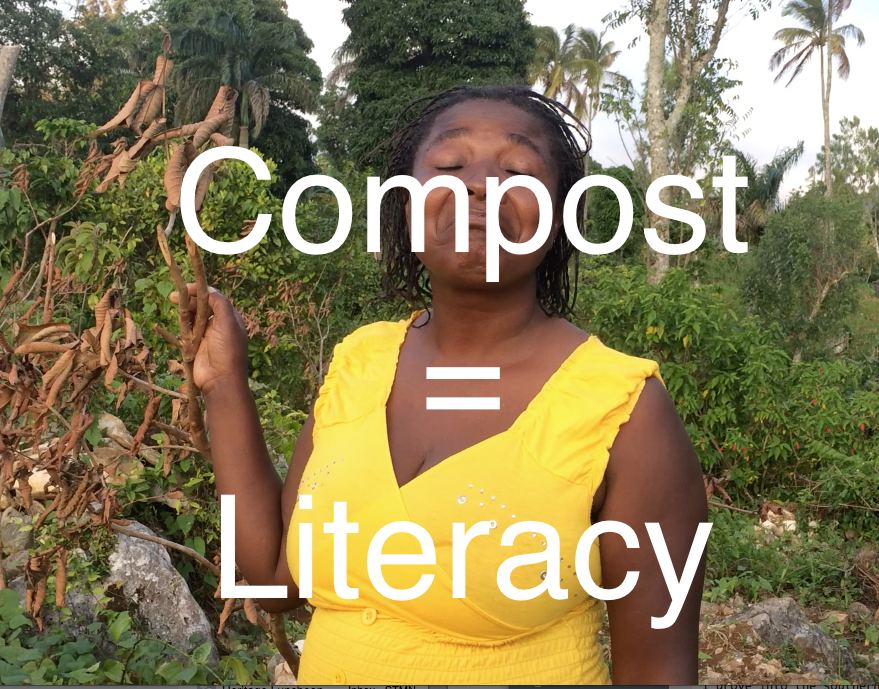I drove into the southern mountains of Haiti in the back of a Toyota Landcruiser, the vehicle used by most relief agencies. The sideways bench seats, as uncomfortable as they always are, still perfect for bringing us up into the hills. We arrived in Duchity, where over a few days with our partners from pcH we met with many farmers.

The people in these hills have farmed forever. As outsiders, we were there to support their vision for two major goals.
1. Increased production, also known in less technical terms as “growing more food” – which means more to eat and more to sell.
2. The creation of a co-op. In nerdy MBA or development speak it’s called “improving the value chain”. Co-ops allow people to buy seed in bulk, share tools to reduce costs, and ship product in larger quantities.
The question was “did it work”?
It was our end of project so ERDO asked me to check in and take some video. I asked questions and toured the area.
I am always so surprised at what I think the priorities of a project will be and what the community members think the project priorities were. This project was no exception!
So, did the project succeed? That is always the question. Once you start a project, it will always take on a life of its own. The key is to be nimble, follow the heart of the people, and find surprising new ways in which a project works!
What questions would you ask a Haitian farmer?
Mark Crocker

